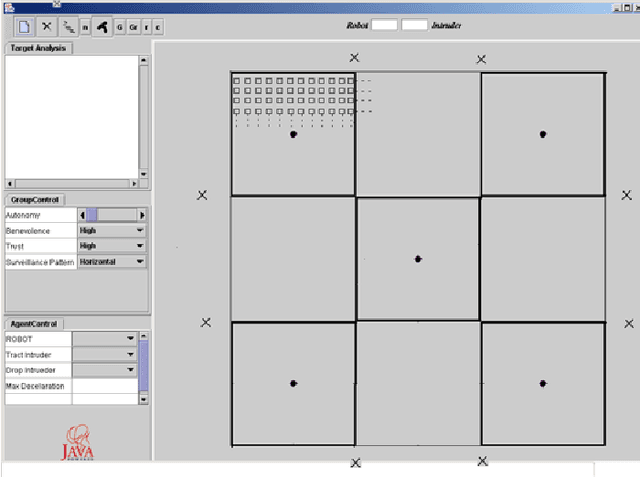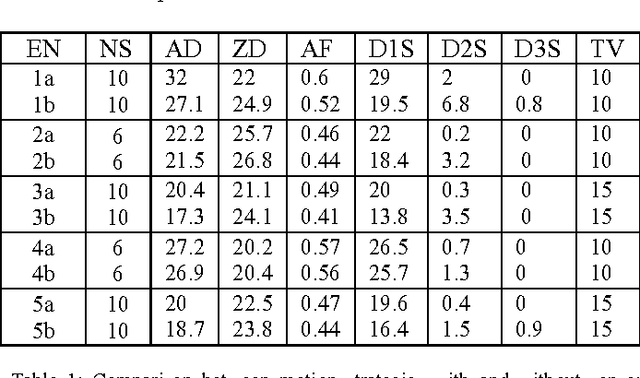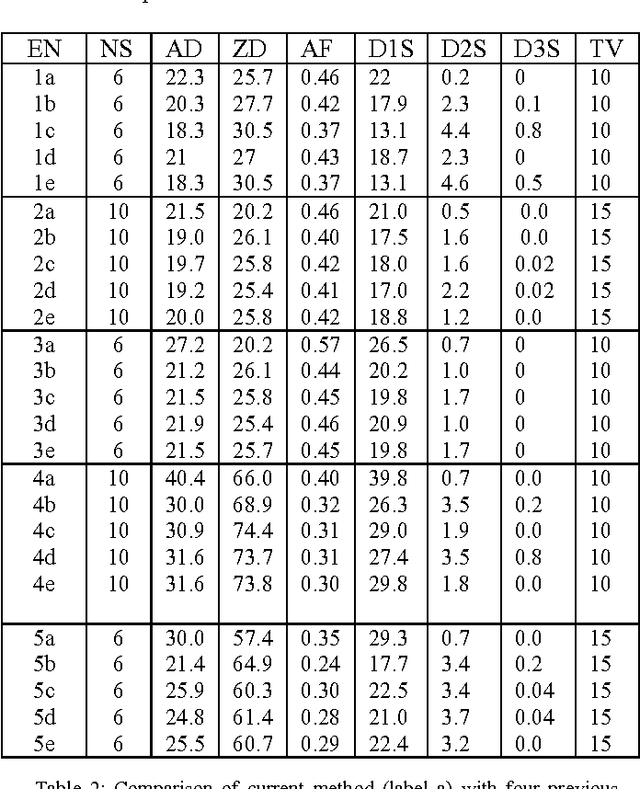Henry Hexmoor
A Measurement of Social Capital in an Open Source Software Project
Nov 22, 2019
Abstract:The paper provides an understanding of social capital in organizations that are open membership multi-agent systems with an emphasis in our formulation on the dynamic network of social interaction that, in part, elucidate evolving structures and impromptu topologies of networks. This paper, therefore, models an open source project as an organizational network. It provides definitions of social capital for this organizational network and formulation of the mechanism to optimize the social capital for achieving its goal that is optimized productivity. A case study of an open source Apache-Hadoop project is considered and empirically evaluated. An analysis of how social capital can be created within this type of organizations and driven to a measurement for its value is provided. Finally, a verification on whether the social capital of the organizational network is proportional towards optimizing their productivity is considered.
A T Step Ahead Optimal Target Detection Algorithm for a Multi Sensor Surveillance System
May 17, 2005



Abstract:This paper presents a methodology for optimal target detection in a multi sensor surveillance system. The system consists of mobile sensors that guard a rectangular surveillance zone crisscrossed by moving targets. Targets percolate the surveillance zone in a poisson fashion with uniform velocities. Under these statistics this paper computes a motion strategy for a sensor that maximizes target detections for the next T time steps. A coordination mechanism between sensors ensures that overlapping areas between sensors is reduced. This coordination mechanism is interleaved with the motion strategy computation to reduce detections of the same target by more than one sensor. To avoid an exhaustive search in the joint space of all sensors the coordination mechanism constraints the search by assigning priorities to the sensors. A comparison of this methodology with other multi target tracking schemes verifies its efficacy in maximizing detections. A tabulation of these comparisons is reported in results section of the paper
 Add to Chrome
Add to Chrome Add to Firefox
Add to Firefox Add to Edge
Add to Edge